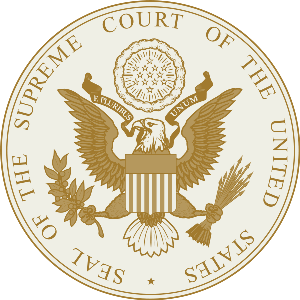Drug War Issues
Politics & Advocacy
The US Supreme Court said last Friday it would decide whether having a drug dog sniff at the door of a private residence violates the Fourth Amendment's proscription against warrantless searches. The court agreed to hear an appeal from the state of Florida in a case where the Florida Supreme Court ruled that such searches were indeed unconstitutional.

The trial judge agreed, throwing out the evidence, but an appeals court reversed the lower court decision. In April, in a split decision, the state Supreme Court reversed the appeals court, siding with the trial judge.
What the high court decides will be watched with great interest by law enforcement, which sees drug-sniffing dogs as an invaluable tool in its fight to suppress drug use and the drug trade. Eighteen states had joined with Florida in urging the court to take up the case. They argued that the state court decision went against legal precedent and threatened a valuable and widely-used tactic.
This will be only the latest legal tussle over whether the use of dogs to find drugs, explosives and other illegal or dangerous substances violates the Fourth Amendment protection against illegal search and seizure. In previous cases, the Supreme Court has upheld the use of drug-sniffing dogs during traffic stops, at airport luggage inspections, and for shipped packages in transit.
This case is different because it involves a private residence. The Supreme Court has repeatedly emphasized that a residence is entitled to greater privacy than cars on a highway, luggage at an airport, or a package in transit. The court used that reasoning in a 2001 case involving the use of thermal imaging to detect heat from a marijuana grow operation in a home, ruling that the scan constituted a search requiring either a search warrant or probable cause.
The Supreme Court is expected to hear oral arguments in April and render a decision by the end of June.
This work by StoptheDrugWar.org is licensed under Creative Commons Attribution-ShareAlike 4.0 International
Comments
i don't trust this court
i don't trust this court packed with appointees of 'socially conservative' republican presidents to make a good decision upholding constitutional rights. the foxes are in charge of the hen house.
Add new comment